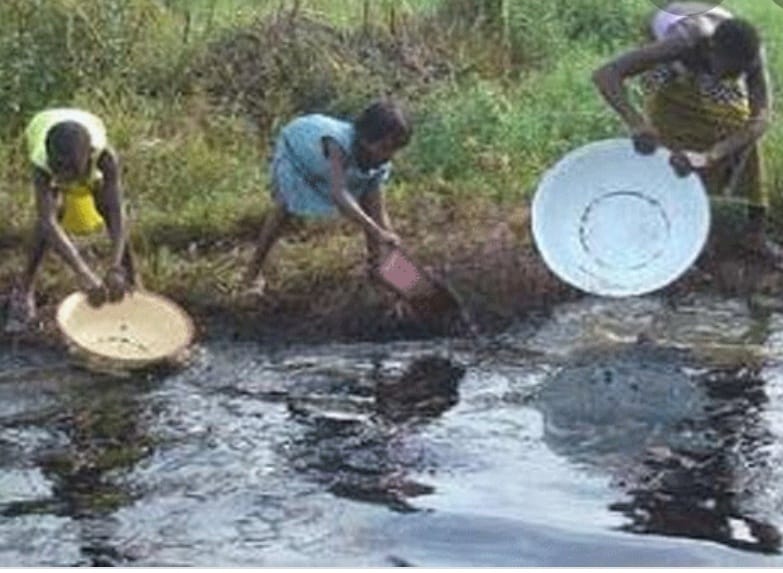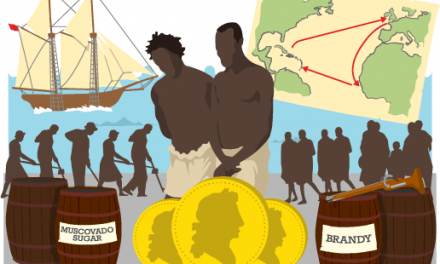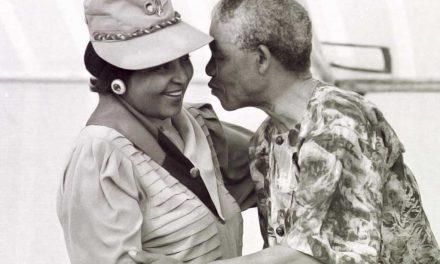The history of the Black race is about testimonies of communities and people that are more climate-resilient. It is a sad story and memory that the Black race climate-resilience has turned to climate and environment-regrets. One of the major climatic hazards to the Black race is the devastating and disfiguring impacts of environmental and climate racisms. Climate change as a culture-killer especially to the Black race forces cultures to adapt or die because it shifts and disrupts human, plant and animal habitats. Environmental and climate racisms promotes loss of ‘the cultural important species on which traditional knowledge depends,’ hence ‘make it more difficult for elders to practice and pass their knowledge on to future generations.’[1]
The global locations of toxic waste facilities, garbage dumps, and other sources of environmental pollution and foul odours continue to shorten and lower the quality of life of black race. Contaminated water especially by the western multinational companies remains the primary cause of diseases such as typhoid fever, diarrhoea and dysentery in black nations. These diseases kill people and are very costly especially to the economy of the black race. With the experience of my wife at Abakila Oil spillage while working as an Hydro-geologist with the Lagos State Water Corporation in Nigeria, ‘many areas of groundwater and other sources of water are contaminated with heavy metals, chronic organic pollution, and waste materials that have a destructive effect on public health and the environment.’ The contaminations of fresh surface water like streams, ocean, rivers and lakes especially in riverine areas in black nations hinders farming and fishing activities, hence hunger and poverty among the people. Illegal mining for minerals in developing nations continue to promote mining pollutions which is detrimental to the Black race economy and wellbeing.
It is sad that the race who are first to be hit by human and climatic disasters are always the last to be saved. Impactful celebration of Black history is about a daily global mutual practice, lifestyle and attention to climate injustice and environmental racism. A whole bunch of emotional, physical, environmental, economical, and spiritual damages have been done to the Black race more than the damage to the planet. Prejudices and error of judgements underlies interpretation of Black issues and personalities in relation to the global development. Recasting and redefinition of the history of Black race continue to mislead generations thereby promoting unending human, political and economic crisis across the world. The rich African civilization and scientific progress that flourished especially in Moorish Spain reminds us of the introduction of new scientific techniques to Europe to care for the planets.[2] Black history reminds us of the Moors’ introduction of paper to Europe and Arabic numerals to promote the advancement of humanity and planet.
The celebration of Black history as daily global practice calls for harnessing the skill and passion of the people. It is people that are cared for that will do what needs to be done for the planet. The inability of the global political and religious powers and apparatus to grapple with injustice against black race and failure to find solutions could worsen the present climate crisis. The world’s biggest COP26 climate summit in Glasgow comprising organisations from across the globe is to send powerful message to world leaders asking them to do what needs to be done for our planet. Major international and local newspapers across the Western world carries letters from millions of people all over the world asking leaders to do more to save our planet. The high profile ads is not cheap but the people bears the major parts of the expenses at the end of the day.
Black History summons the COP26 climate summit in Glasgow to first be people-centred, taking account of the physical, emotional and psychological needs of the victims of injustice, environmental pollution and racial discrimination in other to take care of the planet. Black History is another reminder how the pandemic has exposed many global underlying structural, societal and institutional inequalities. COP26 climate summit and other global networks should begin to grasp that a focus on profit maximisation of the planet is no longer sustainable without putting the people first. There is need to overcome the reputational, environmental damages and other cultural legacies of colonialism.
To cut climate and environmental pollutions this decade calls for a humble and renewing understanding by wealthy world to revisit the world history and make change, change about injustice and exploitations of developing nations. To protect the people we love by cutting climate pollution urgently and this decade, the looting, stealing, exploitations of Black race must stop. Are the world leaders not more interested in corporations’ profit despite the rising sea levels and worsening heatwaves, pollutions, fire, pandemic, floods and droughts? We cannot not be campaigning for climate justice for decades while promoting racisms, injustices and selling of arms and ammunitions to developing nations thereby displacing communities and promoting ethnic wars and divisions.
One of the major ways to overcome
climate crisis is to relearn the world history and civilization and make necessary
changes possible. When we revisit and relearn world history and civilization,
world leaders will understand the need to make sure everyone is empowered and protected.
This is practicable by harnessing the skills and passion of the race who are first
and still impacted by the devastating and destructive nature of the human,
physical, racial injustices, and other cultural legacies of colonialism. The
celebration of Black history is about power
of our cultural expression to empower communities who are first and worst
impacted by injustice thereby promoting healthy people in healthy communities
and a healthy planet.
[1] https://www.greenamerica.org/climate-justice-all/people-color-are-front-lines-climate-crisis
[2] https://blackhistorystudies.com/resources/resources/15-facts-on-the-moors-in-spain/?











Recent Comments